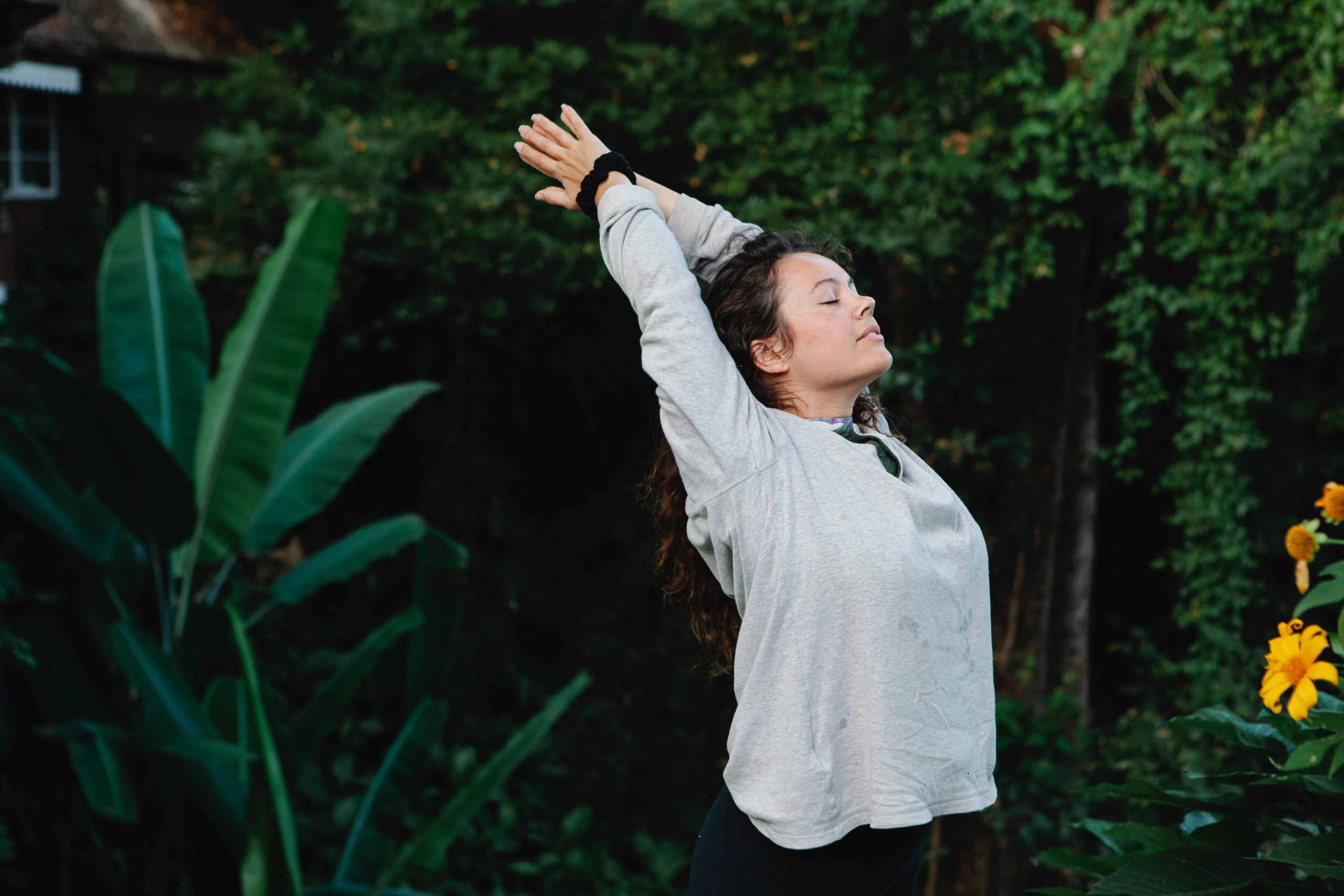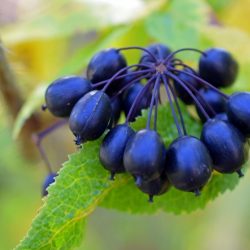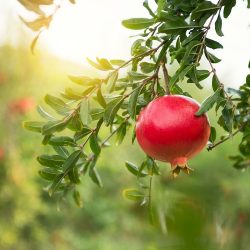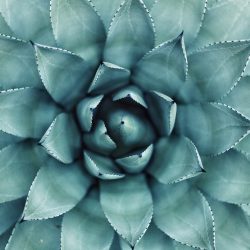Sport is an integral part of our life and more and more French people practice it regularly, however no sporting activity is without danger and small daily ailments often hamper physical activity. Consequently, there is also an increase in the number of injuries and other pathologies linked to the practice of sport.
At the same time, it is currently observed that more and more people resort to self-medication and alternative medicines. Herbal medicine can be used in athletes to relieve pain, prepare for effort and for recovery, however, the use of medicinal plants must be supervised.
Adaptogenic athlete’s plants:
Adaptogenic plants (mainly ginseng and eleutherococcus) have the property of helping the body adapt to fatigue and stress.
By far the most well-known adaptogenic plant is ginseng (Panax ginseng). Its root is used as a tonic. It improves sports performance.
Its use against fatigue is also recognized by the WHO. Ginseng improves physical and intellectual performance and increases the body’s resistance in specific ways. It is anabolic by activating various intracellular steroid receptors. It is also anti-inflammatory and cardiac protector. In athletes, ginseng increases the capacity for oxygen absorption, reduces blood lactate levels, lowers heart rate and reduces adrenaline hypersecretion by the adrenal medulla.
There are precautions to be taken before taking a ginseng-based supplement since pregnant or breastfeeding women, children, people with high blood pressure, people suffering from psychotic disorders, cancer or hormone-dependent history, or even suffering from cardiac pathologies and / or diabetics should be excluded from such supplementation. Supplementation should be carried out under medical supervision in people treated with anticoagulants, monoamine oxidase inhibitors or triptans.
Eleutherococcus (Eleutherococcus senticosus), sometimes called Siberian ginseng, is also a plant known as an adaptogen. Its root is used to fight fatigue, in times of stress, or to increase physical performance. This plant increases the stress response in athletes.
Eleutherococcus is contraindicated in people with severe high blood pressure. It is not recommended to take it in pregnant or breastfeeding women, in children, in cases of heart disease, a history of hormone-dependent cancer and in people being treated with antidiabetics. This type of food supplement should therefore not be recommended for people who are nervous or have sleep disorders. . Finally, Eleutherococcus-based cures should not last more than one trimester and should not be done in the evening.
there is a risk of drug interactions in combination with digoxin (risk of increased effects), anticoagulants and antiaggregants.
An increased risk of hypoglycemia (by addition of effects) should be considered, as well as a risk of hypokalaemia by pseudohyperaldosteronism in prolonged use.
The athlete’s plants for the preparation for the effort:
Rhodiola is a natural anti-fatigue. It improves physical, mental and muscular capacities and performance. It is also recognized as having anti-inflammatory properties.
Be careful, however, to avoid taking it in the evening so as not to disturb sleep. Contraindicated in pregnancy, bipolar disorders, antidiabetic treatments and antihypertensives.
Also pay attention to drug interactions with losartan, aspirin, paracetamol, oral anticoagulants, heparin, clopidogrel, non-steroidal anti-inflammatory drugs, antidepressants, anxiolytics, sedatives, antibiotics, anticancer drugs, antivirals, opiates, barbiturates and theophylline. Due to its hypoglycaemic effect, dosage adjustment may be necessary in people receiving antidiabetic drugs.
Astragalus improves muscle performance, is anti-inflammatory and slows down the aging of the body. It is also a vascular and renal protector. It is used to improve sports performance.
However, it should be avoided in subjects undergoing immunosuppressive treatment. However, an increase in urine output is possible.
Risk of possible interactions with drugs metabolized by UDP-glucuronosyltransferases. Not recommended for pregnant or breastfeeding women.
Guarana is a physical, intellectual and anti-fatigue stimulant.
Contraindicated in subjects with glaucoma and heavy consumers of drinks rich in caffeine. Avoid taking at bedtime!
Guarana is contraindicated in pregnant or breastfeeding women, in cases of untreated cardiac arrhythmias, insomnia, severe arterial hypertension, peptic ulcers and hyperthyroidism. Reserved for adults only.
Drug interactions with MAOIs, amiodarone, sympathomimetics, ephedrine, antidiabetics, diuretics, neuroleptics, anticoagulants and antiplatelet agents. Addition of effect with antihypertensives, analgesics, triptans, theophylline. Decreased effect of sedatives, anxiolytics and antidepressants.
Be careful, however, of the presence of powerful alkaloids which can be toxic in the long term or in high doses.
The athlete’s plants in case of injury:
Blackcurrant is an anti-inflammatory and a peripheral analgesic indicated in rheumatism and joint pain, as well as in microcirculatory vascular pathologies.
Contraindicated in pregnant or breastfeeding women and in serious heart or kidney disease (edema).
Watch out for drug interactions with synthetic diuretics or IUDs. Reserved for adults only.
Desmodium is used for back pain and muscle and joint pain.
Contraindicated in pregnant or breastfeeding women and in children under 12 years old. However, be careful with the presence of alkaloids which can be toxic in the long term or in high doses.
Horsetail is remineralizing, healing, anti-inflammatory, analgesic and hemostatic. It helps to improve the consolidation of bone fractures, bone fragility, cramps, osteoarthritis (as a basic treatment) and tendonitis.
Contraindicated in progressive cancers and end-stage renal insufficiency with dialysis.
Watch out for drug interactions with hypokalaemic diuretics.
Willow is a powerful anti-inflammatory, analgesic and antiseptic used in rheumatism and joint pain, as well as back pain and various pains.
Warning, do not use simultaneously with anticoagulants or antiplatelet agents. Interaction with warfarin.
The scrofula is anti-inflammatory, analgesic and healing. It is used in rheumatic pains especially for deformed, “knotty” joints, in arthritis and arthritis with a tendency to stiffen, hypertrophic and deforming, as well as in superficial burns.
Be careful, however, this plant is to be avoided in heart disease. It is very toxic to animals!
Conclusion:
This article has been written to warn you against self-medication under the pretext that “the natural can’t hurt”. Informed information and regulation are necessary. There are a multitude of precautions for use, interactions, contraindications for synthetic treatments, of course. However, it is not illogical that there are just as many for authorized medicinal plants, to varying degrees, even if their efficacy / tolerance ratio is generally higher than that of drugs of chemical origin. This underlines very clearly the need to develop expertise in this area.
At Soin et Nature, our health professionals are trained in the proper use of medicinal plants and are committed to modern, responsible phytotherapy, respecting the rules of good medical practice.







